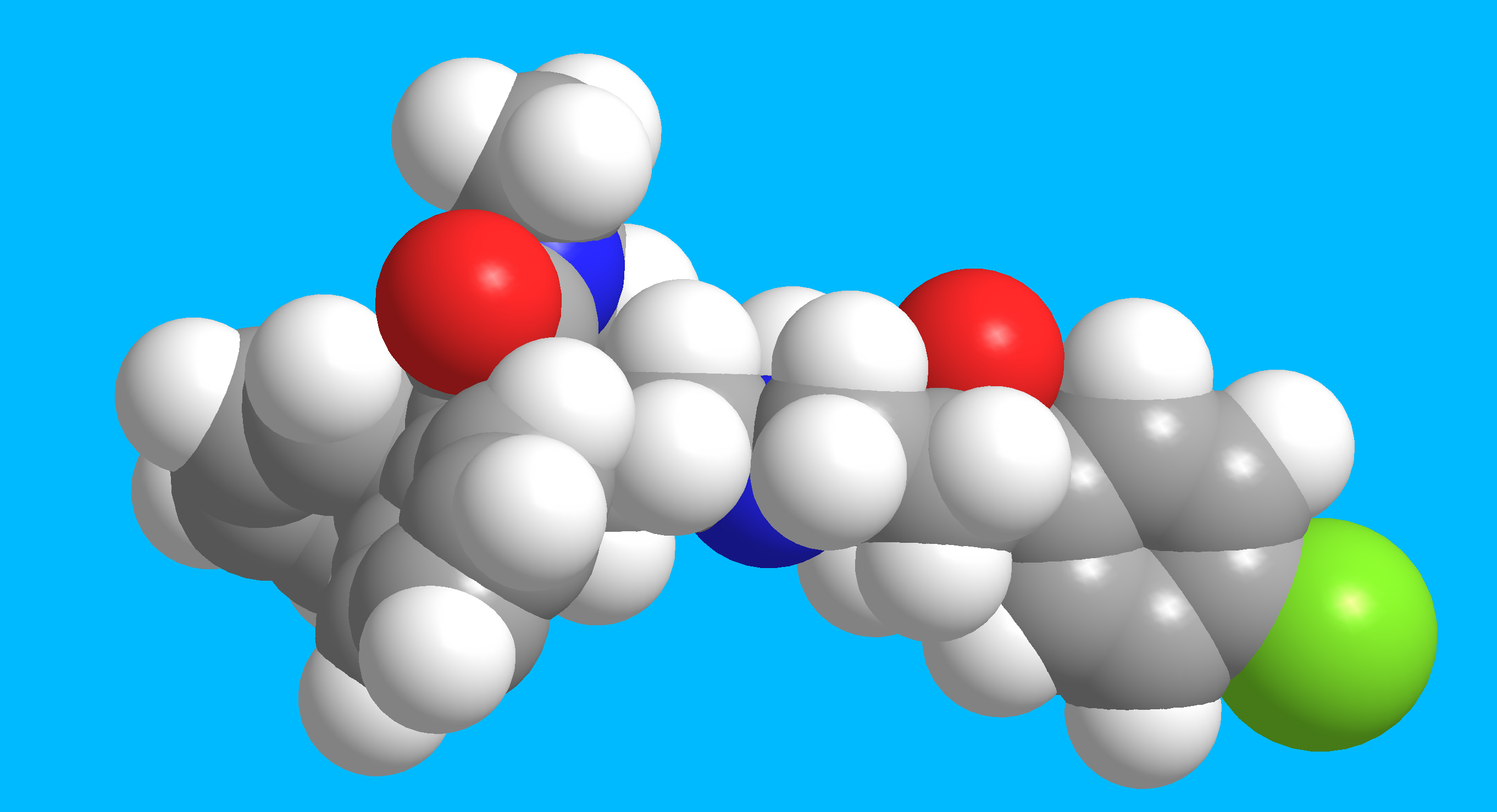Diarrhea is the bowel movement of loose and fluid stools three or more times a day.
Diarrhea can be acute, persistent or chronic. Acute diarrhea is more common than persistent or chronic diarrhea. Dehydration and malabsorption can be complications of diarrhea.
Antidiarrheal medications specifically serve to treat this disease. The most frequently used antidiarrheals are those that inhibit intestinal motility such as loperamide, which helps to avoid dehydration, maintaining the electrolyte balance in the body, and decreasing the number of stools during the affectation.
Loperamide is an opioid and a synthetic derivative of piperidine. It is an effective drug against diarrhea caused by gastroenteritis or inflammatory bowel disease. Loperamide decreases the speed with which things move through your intestines (bowels). This allows your body to absorb more fluid. It helps you to have less diarrhea and more formed stools.
It is important to remember that loperamide is contraindicated in gastroentritis caused by an enteroinvasive agent – could prolong the infection and increase the risk of bacteremia – and contraindicated relatively in cases of diarrhea caused by intoxication or enterotoxin-producing bacteria.
Learn more about health in Pharmamedic.







